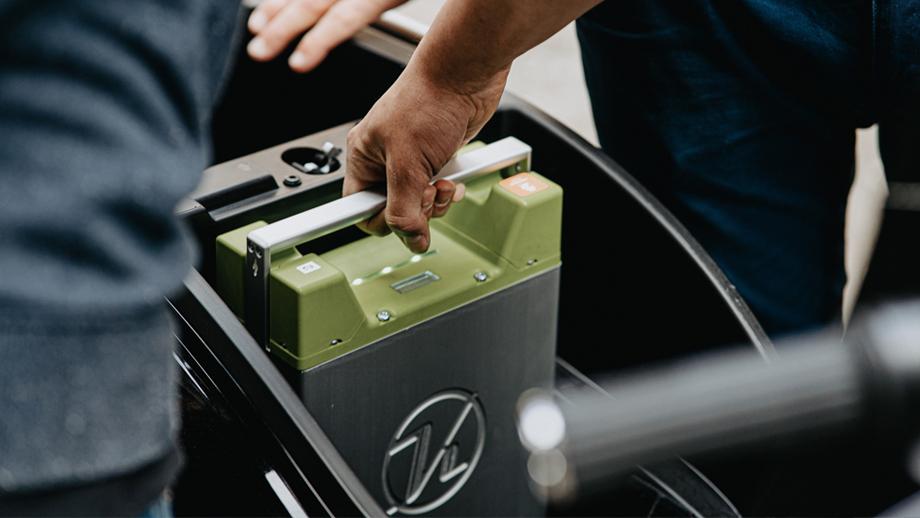Safety testing of lithium-ion batteries
To enhance product quality, prevent damage, and save lives, lithium-ion batteries must undergo a series of rigorous safety tests.

To enhance product quality, prevent damage, and save lives, lithium-ion batteries must undergo a series of rigorous safety tests.
With the rapid advancement of technology and the increased demand and use of batteries, standards for battery safety have been established. Whether for transport or use, a series of tests are defined to ensure that batteries can be used safely by consumers.
At our Laboratory Center, we conduct safety testing of lithium-ion batteries in accordance with UN guidelines for transport safety (commonly known as UN 38.3 or ST/SG/AC.10/11), testing according to regulations and ECE R100 documents (for battery system homologation in EVs), and safety standards such as EN 62133-2.
Standard safety tests for lithium-ion batteries include:
- Altitude tests
- Thermal tests (Climatic testing)
- Case stress testing
- Resistance to sinusoidal vibration
- Resistance testing to shock
- External short circuit testing
- Over-charge testing
- Over-discharge testing
- Over-temperature protection testing
- Over-current protection testing
- Free-fall testing
In addition, we offer specialized testing services according to manufacturer specifications, such as endurance tests, battery cycling, and climatic cycling (under normal and extreme conditions).